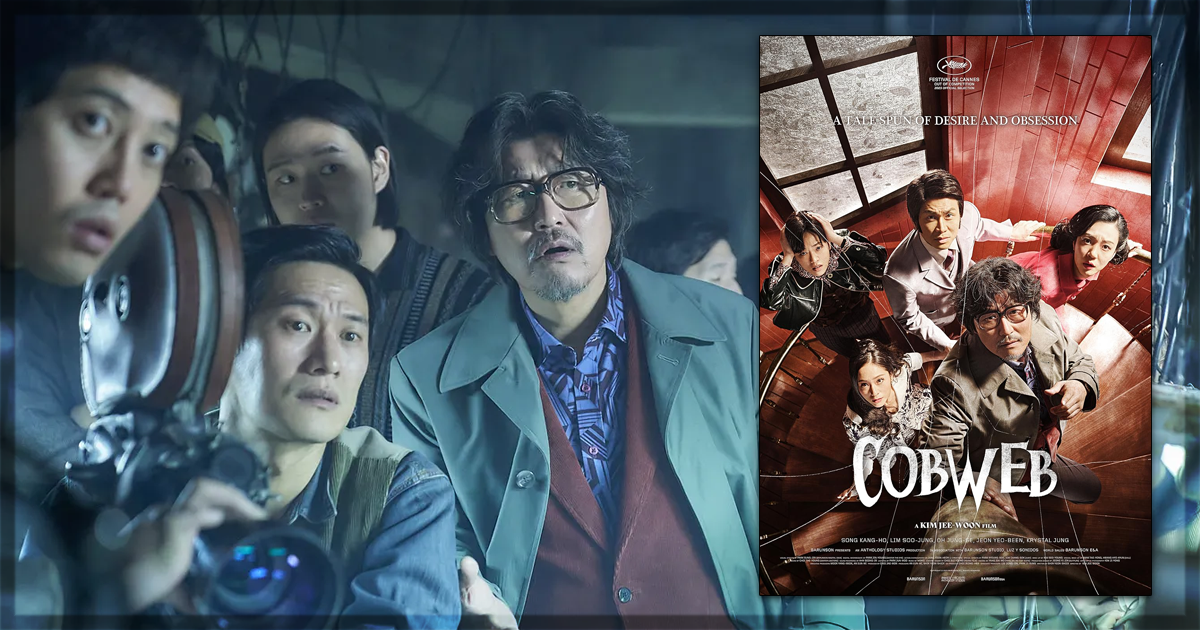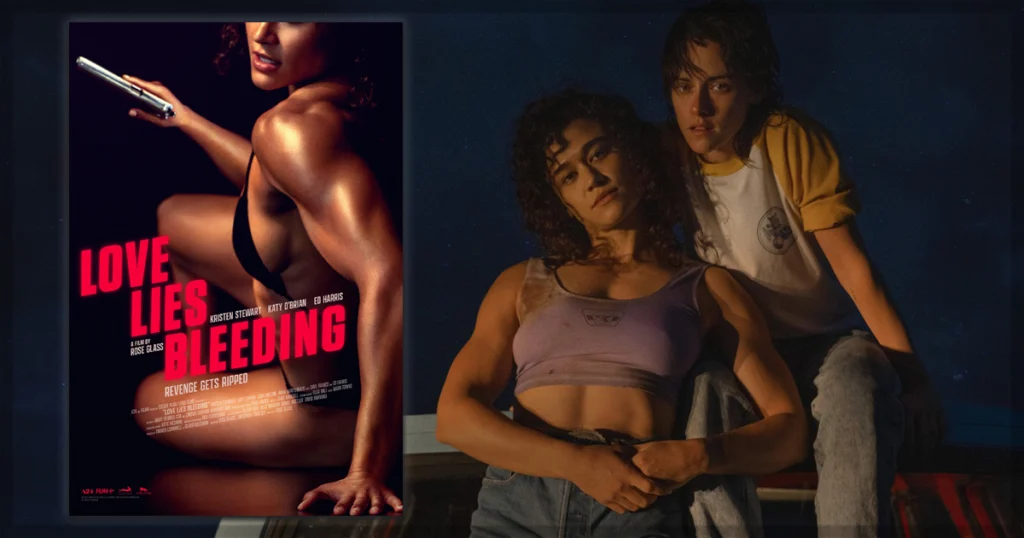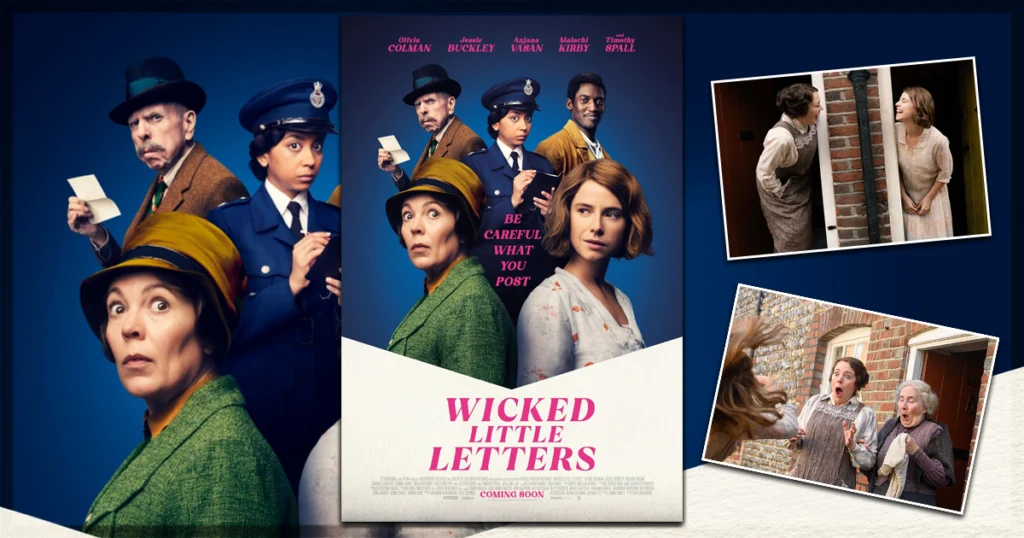If you’ve ever had the chance to make a movie, chances are your mind will be tormented during the development, production, and post-production stages. While watching the rushes or beginning to edit your film, your mind may not enjoy what’s unfolding and will quasi-force you to come up with new ideas to enhance – or worsen – your initial vision. This mindset occurs to fictional director Kim (Song Kang-ho), who believes his latest work, Cobweb, needs some reshaping in its ending section to become a true masterpiece. To us the audience, Cobweb is a film within a film.
The story of Cobweb (2023)
In Jee-woon’s Cobweb (Geomijip), the audience doesn’t know exactly the contents of the initial ending nor the plot of the film he’s making. Kim wakes up one day with an idea to reshoot the ending of the movie in two days by first reshooting an initial scene that will foreshadow its ambitious “plan-séquence” climax, which will solidify his status as a true auteur, as opposed to a B-grade filmmaker.
But its producer, Chairman Baek (Jang Young-nam), thinks this is futile and not as necessary as Kim believes. When she leaves for Japan, Kim devises a plan to shoot his enhanced scenes in secret, guerrilla-filmmaking style, unbeknownst to the Censorship Board, who has also made it clear that its ending should not be changed. Of course, the shooting didn’t go as planned, with the Censorship Board eventually finding out and the actors engaging in a tug-of-war between themselves, as the shooting takes longer than expected.
Jee-woon immediately dazzles by recreating “sequences” from Kim’s movie in black-and-white, with a stark use of handheld camerawork and smash zooms to enhance the film within the film’s campy yet brutal tone. When one of the characters from Kim’s picture kills someone or engages in a fight, the cuts are sharp and deftly enhanced to its bluntly violent, often dark tone. It gets even more dazzling during its ending, which shows the entire ‘reshot’ sequence after Jee-woon shows the “behind-the-scenes” of that scene.
In that respect, Jee-woon takes massive inspiration from Shinichiro Ueda’s One Cut of the Dead (Kamera o Tomeru na!), which shows the entire “short film” in full before pulling back the curtain and revealing how it was made. Jee-woon does the reverse of that film, initially showing the making of before going into the world of the film, but they ultimately have the same impact by the time its credits roll. The effect is the same, though one may connect more to the filmmaker by knowing his directorial intentions (which are, funnily enough, incredibly vague) before watching the movie with no preconceptions of what you’re exactly watching (like One Cut of the Dead’s multiple twists and turns).
As such, it’s easy to attach yourself to the director, even when you don’t understand why he’s doing what he’s doing. The movie certainly doesn’t look like something that will solidify him as an auteur, yet you still end up respecting his ambitions as someone who wants to propel his vision of cinema forward. We ultimately do end up understanding where he’s coming from when Jee-woon gives us a vision between Kim and his mentor, Director Shin (Jung Woo-sung), who tells him the only way forward to make his mark in cinema is to burn it all, just like he died while capturing the film’s final – and ambitious – shot while the set was on fire.
Rich portrayals within Cobweb
Kim’s psyche changes as soon as this scene arrives, and our relationship with him, as audience members, also evolves. It does help that Jee-woon snagged Song Kang-ho, one of our time’s great South Korean actors, to deftly represent this anguish as a creative tormented by his visions of a bigger and better film. The multiple emotional shifts he operates within the picture are a feat to behold, particularly when it comes to impressing a member of the Censorship Board, who believes they’re shooting anti-communist propaganda.
This dissonance is funny in and of itself, but I was particularly drawn by the tension between the actors than most of the storylines presented in the film. With magisterial supporting performances from Im Soo-jung, Oh Jung-se, Jeon Yeo-been, and Krystal Jung, Cobweb’s black comedy parts are its greatest, liveliest moments. The constantly moving, erratic camerawork directly recalls an episode of The Office, punctuated by its deadpan tone as the actors are never on the same page with the filmmaker and themselves.
One rivalry, in particular, becomes the film’s comedic heart and soul as Yu-rim (Krystal Jung) grows tired of the shoot and attempts to escape the lot. At the same time, producer Mi-do (Jeon Yeo-been) believes she is ungrateful towards the filmmaker. Suffice it to say the two aren’t on the same page, leading to the movie’s funniest sequence, as Mi-do attempts to stand in for Yu-rim, thinking she will do a better job than her. Of course, the real, experienced actor always comes out on top in a more than grandiose way. Jung further elevates her performance as Yu-rim at the end, where the “plan-séquence” is finally shown, resulting in a perfectly calibrated, often side-splitting, turn as she becomes the real star of the picture.
Cobweb showcases the real horrors of filmmaking
Like Damien Chazelle’s Babylon in 2022, Cobweb showcases the real horrors of filmmaking. However, Jee-woon ultimately does it in a timelier – and funnier – fashion, through the lens of contemporary filmmaking with techniques better utilized today than in Chazelle’s vanity project. It’s often very funny but has a bite to its satire compared to Chazelle’s film. Jee-woon ultimately has something to say about moviegoing’s current (and grim) state and never loses himself in his message, even if the runtime stretches some comedic bits to near-interminable heights. As a result, his Babylon is more important than Chazelle’s picture and will likely be remembered as Jee-woon’s testament to the future of film, which, according to him, is not looking good. If things don’t shift quickly, he will be proven right.
Cobweb is now streaming.
Kim Jee-woon’s Cobweb is now streaming on digital platforms. Are you interested in the movie? Does the film within a film idea intrigue you? Let us know on X @MoviesWeTexted.
You might also like…
‘Love Lies Bleeding’ Review: A Molotov Cocktail of Brawn, Lust, and Rage (Berlinale)
‘Wicked Little Letters’ Review: A Decently Entertaining Period Movie



